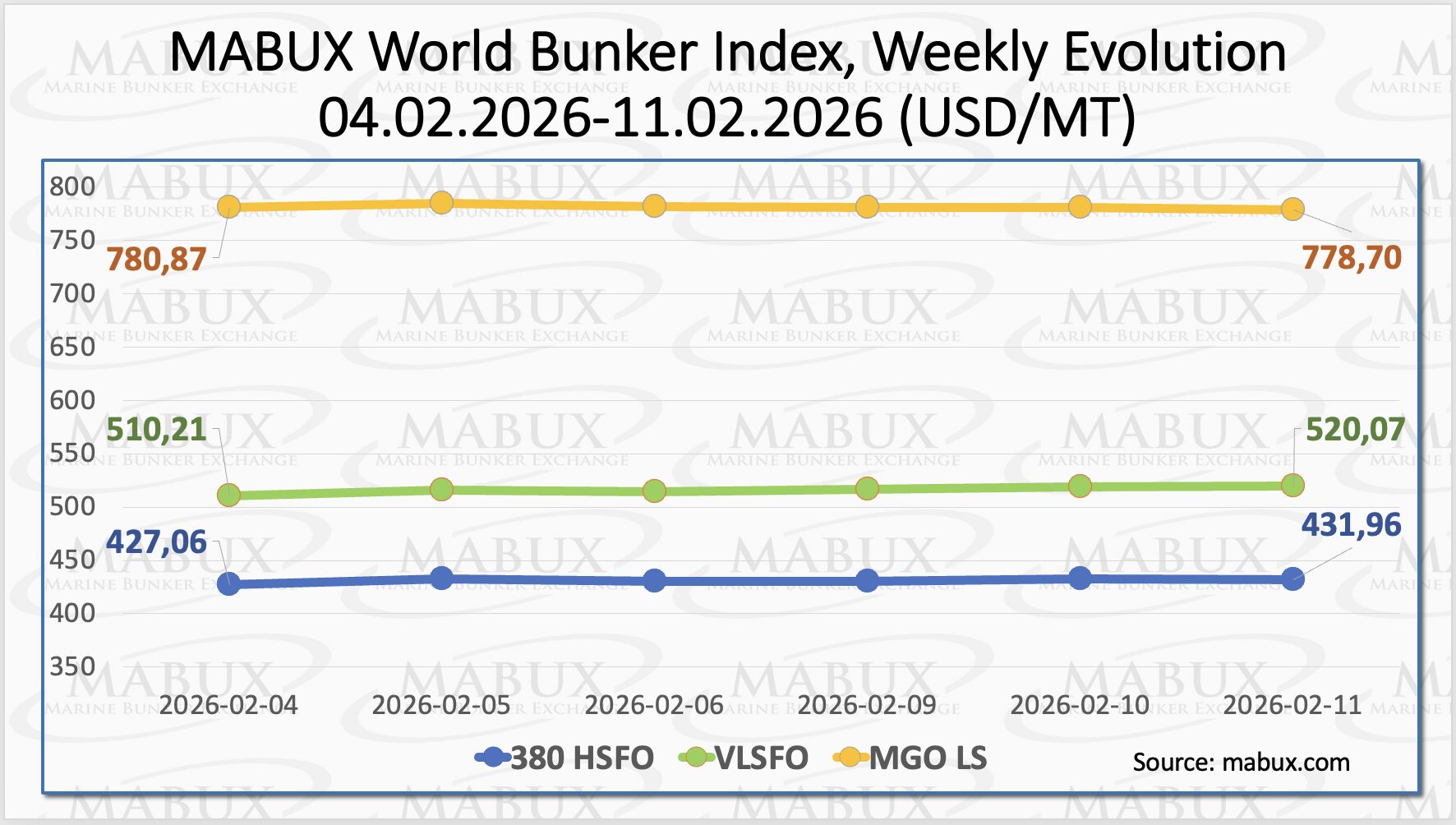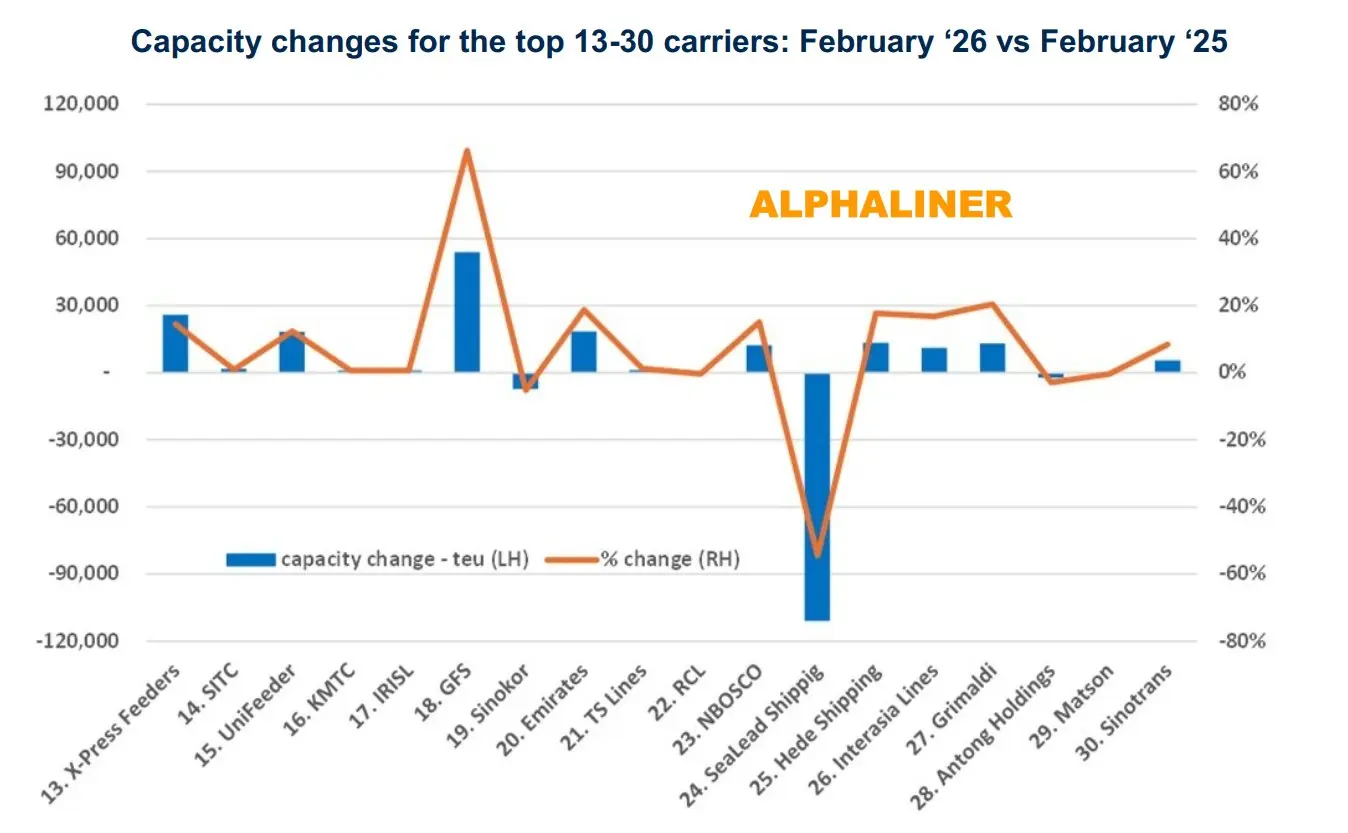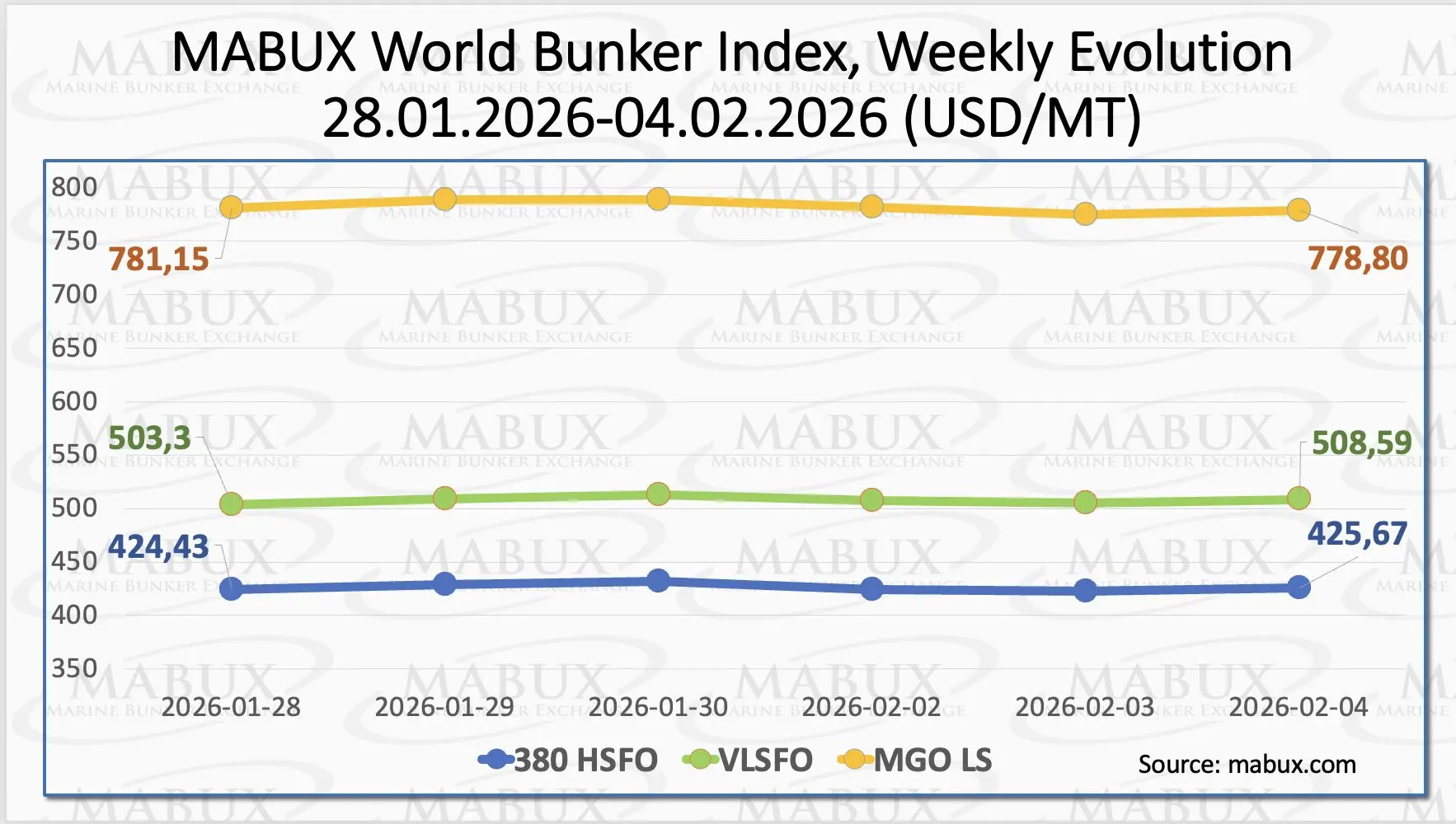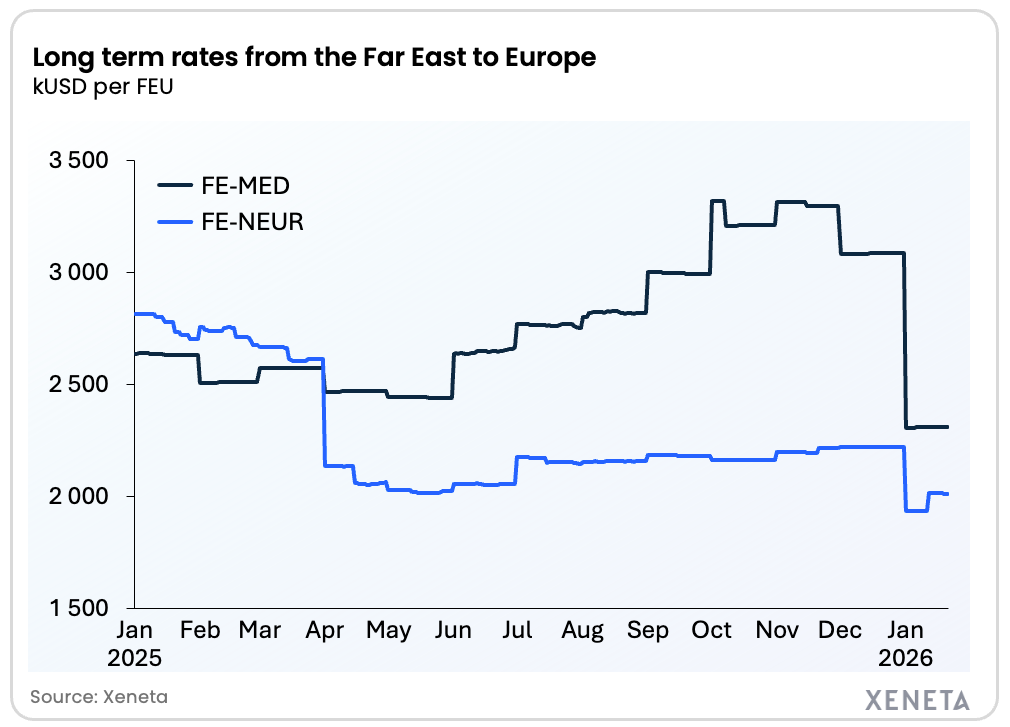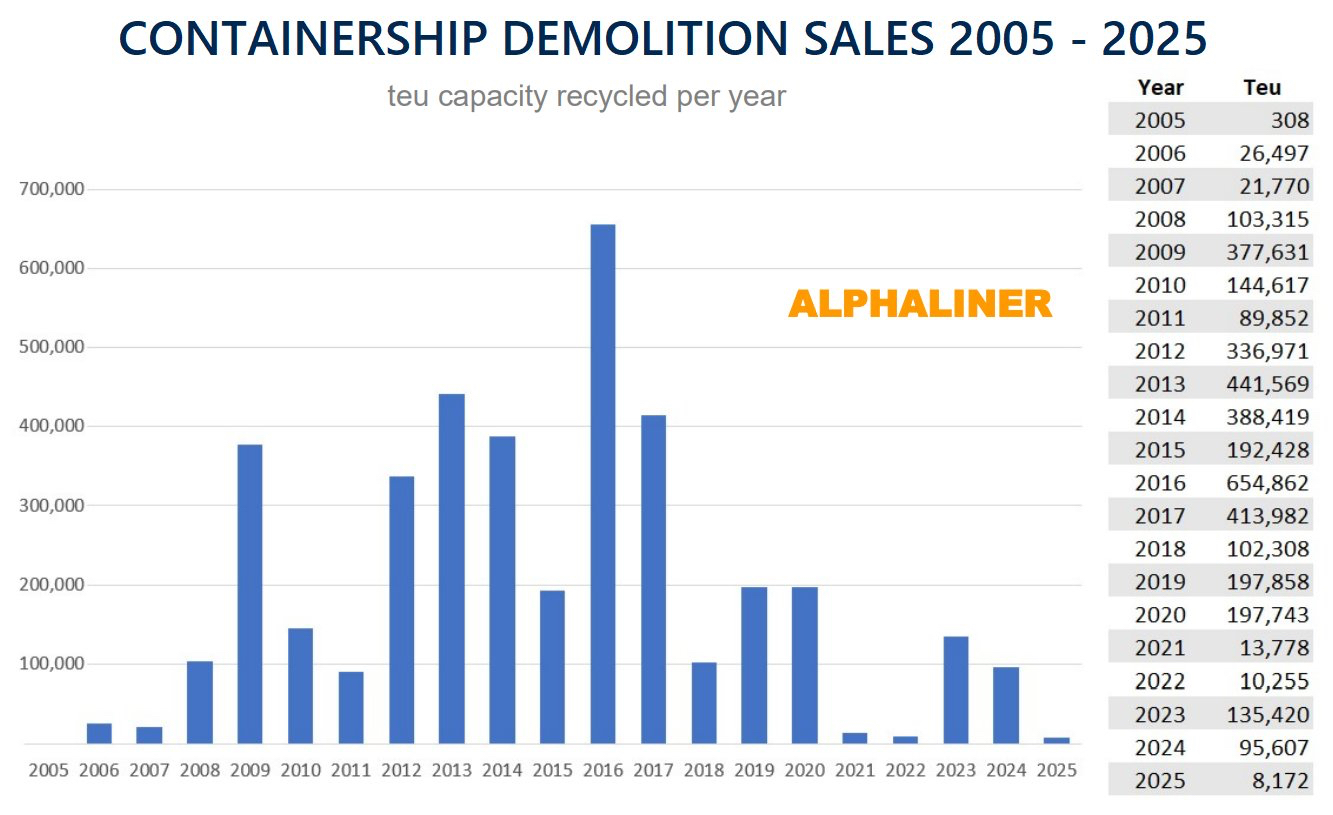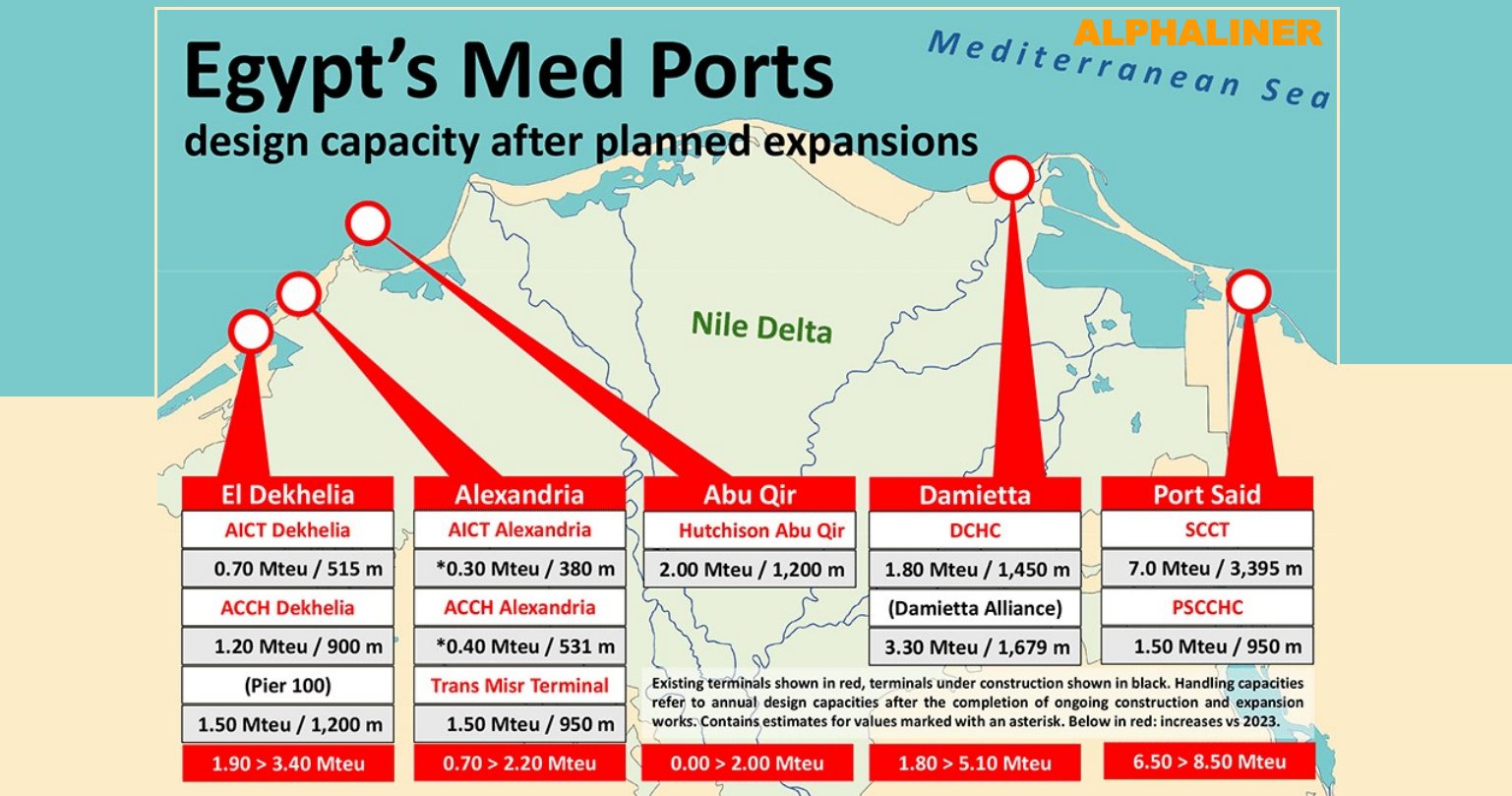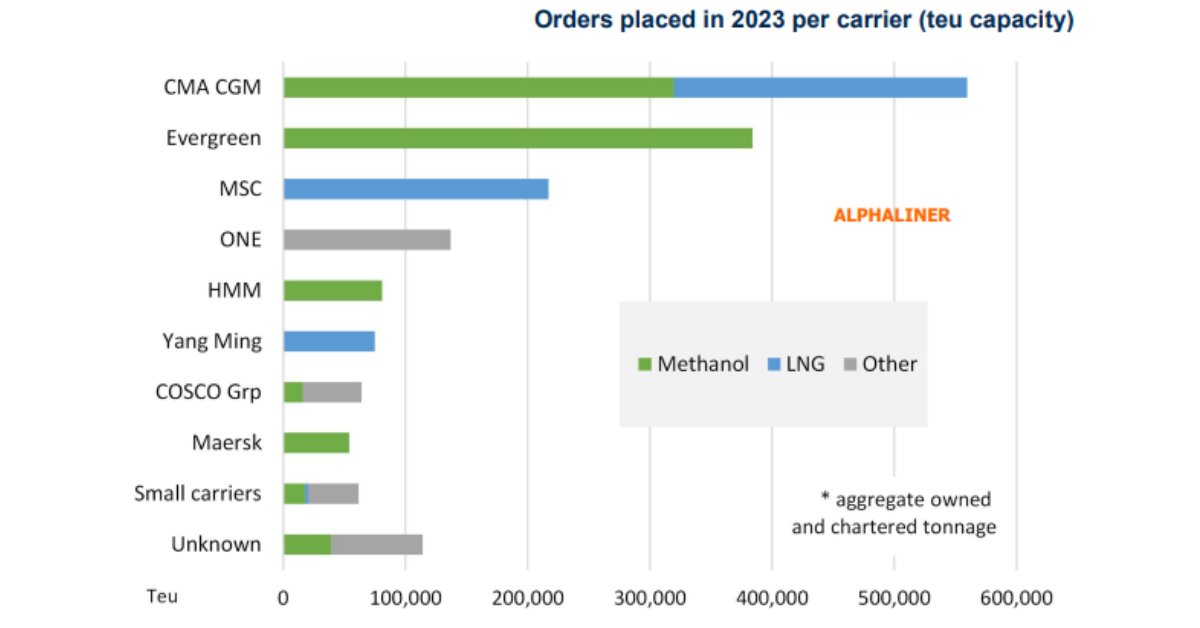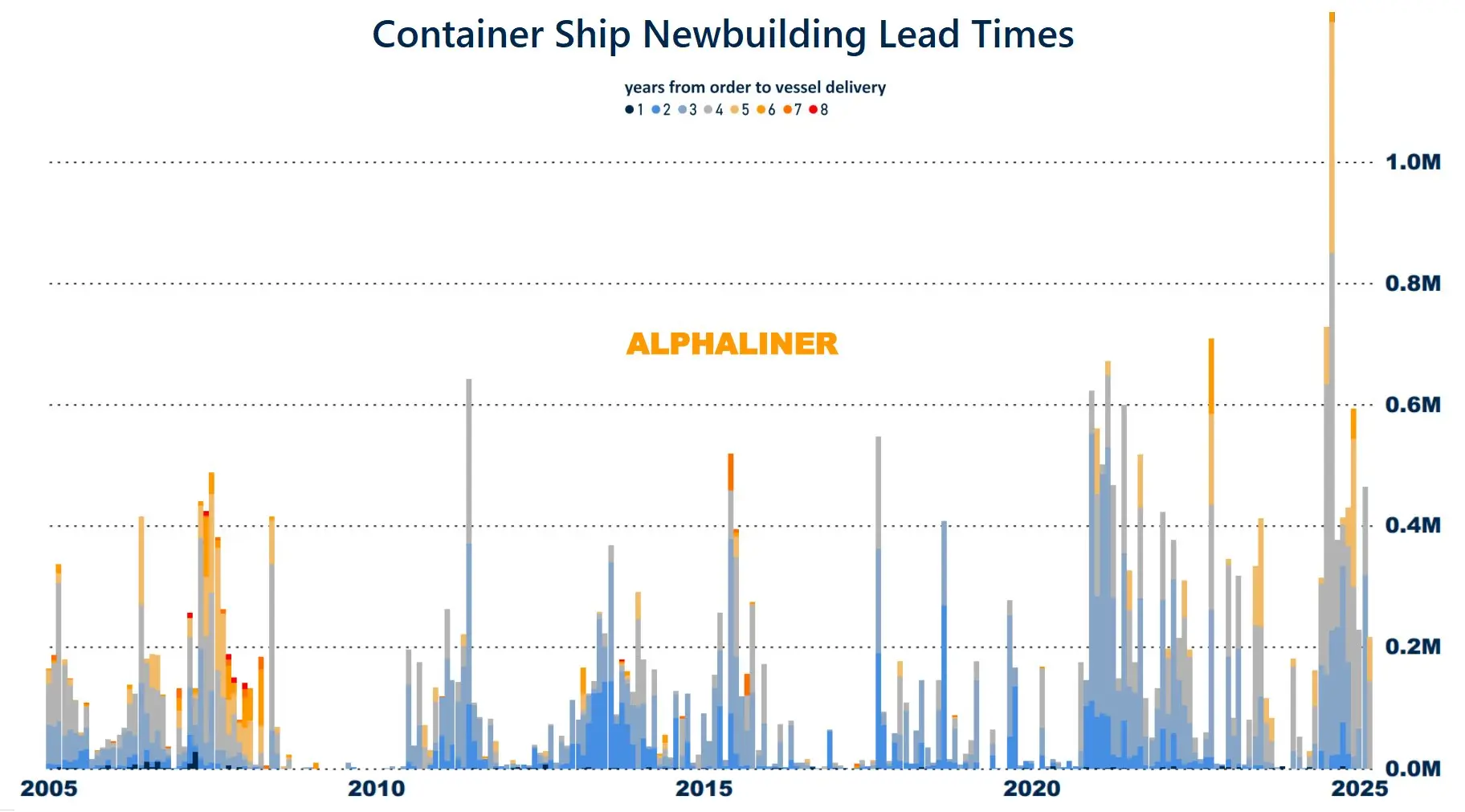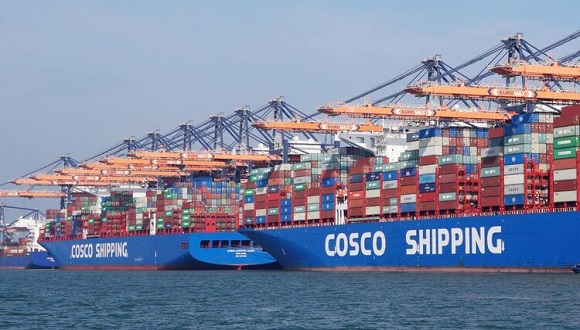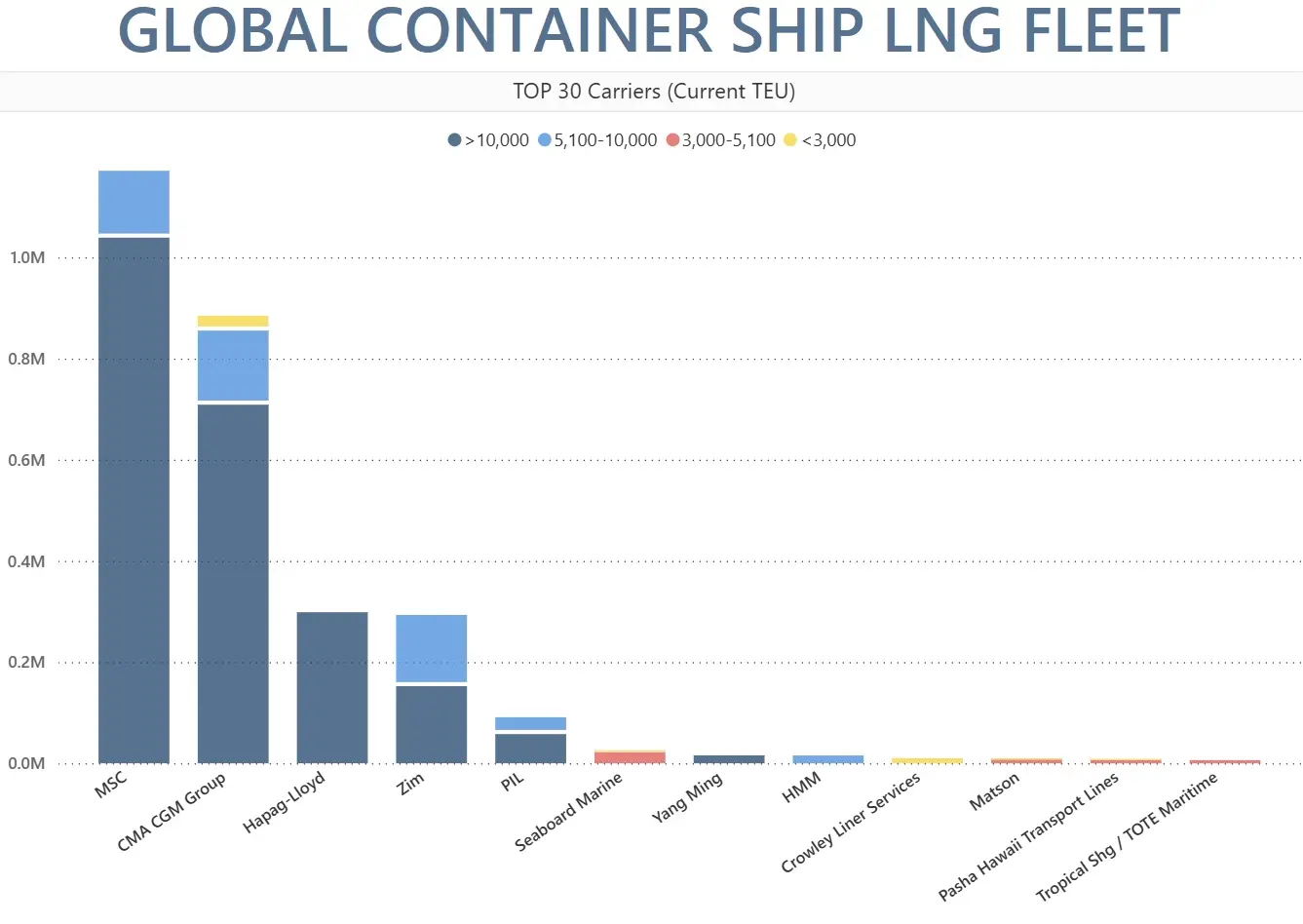
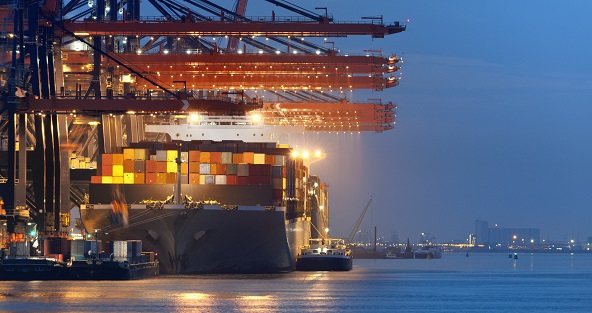
There is a lot of excitement about what is called the “sharing economy”. Its genius: money is made by intelligently mutualising assets. The advantage for companies: less need for investments in assets. Its prime example: Uber.
Shipping is not usually associated with such cool things. Quite the contrary. At almost every shipping conference, people talk about that mysterious Uber of shipping that will come and disrupt nearly everything. Many of us seem to be waiting for sexy sharing economy to finally meet rusty shipping industry.
What is easily forgotten is that container shipping is already a sharing economy. Almost all global carriers share their vessels, via vessel sharing agreements or alliances. There are three of these large alliances that together have a 95% market share on the important East-West container trades. Container shipping has very high entry barriers, so vessel sharing agreements might be the closest that container shipping will get to a sharing economy. This is disruptive enough: it will have radical consequences for the way ports are governed.
Over the last decades, consensus has been crafted around the merits of the “landlord port model”. In this model cargo handling operations are left to private operators that invest in cranes, equipment and hire port workers, whereas a public port authority acts as the landlord: it gives out concessions, determines the rules and investments in common infrastructures. The dominance of the this model could not be overstated: nowadays around 90% of all ports are landlord ports – and the model is at the core of World Bank’s Port Reform Toolkit that inspired many port reforms. However, times have changed and the landlord port is much less tenable in a world of strong alliances and the mega-ships that have facilitated these.
Why? Mega-ships bring large cargo peaks that require the deployment of many cranes, equipment and workers – more than would be needed for smaller ships, even if the cargo amounts remain the same. So: less return on investment. There are only three alliances, so losing one or two alliances to a neighbouring terminal becomes a matter of life and death. Thus, terminals might feel forced to make investments that do not make financial sense for them, as the alternative would be to lose a third, half or all of the cargo, which would mean making losses as well. An impossible dilemma.
Enter the sharing economy. Mutualising the assets of terminals in the same port would be a way out of the dilemma. There could be a common pool of cranes, yard equipment, yard space and labour in every port that could be used by the terminals that need it at a particular moment (the peak) but not at other moments. Such asset sharing agreements could help to better utilise port terminal assets, just like vessel sharing agreements help shipping companies to better utilise their ships. This shared terminal assets model would arguably work best in terminals with adjacent quay lines and yards, so that mutualisation is possible at no other cost than taking out the fence between the terminals, allowing a free flow of gantry cranes and yard equipment. In some cases, this might be more difficult, but also here the mutualisation of assets and labour, such as joint container depots and a labour pool, could help the utilisation of terminals.
SEE COMPLETE ARTICLE (on Olaf MERK blog)

